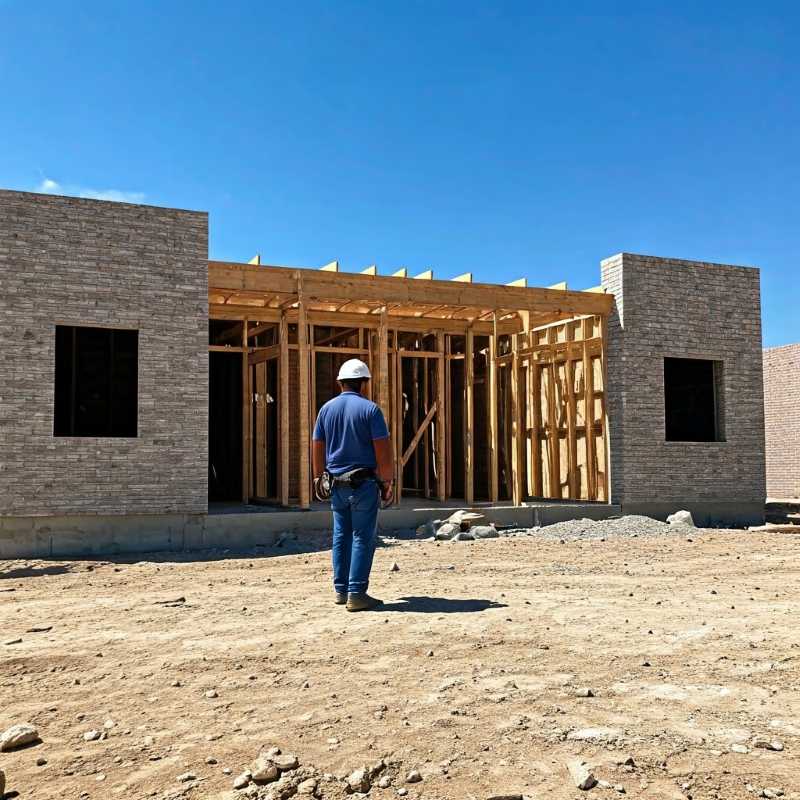Historic Housing Legislation Approved in Mexico
The Chamber of Deputies in Mexico approved a constitutional reform mandating companies to provide workers with adequate housing via contributions to the National Housing Fund.

In a historic vote, Mexico’s Chamber of Deputies passed a groundbreaking constitutional reform aimed at ensuring the right to adequate housing for workers. With an overwhelming majority of 469 votes in favor, zero against, and one abstention, the legislative body signaled a strong commitment to addressing the long-standing housing issues faced by the country’s workforce. The reform, which amends Section XII of Section A of Article 123 of the Political Constitution, enshrines housing as a right for workers and lays the foundation for a more robust and socially oriented housing system. However, while the reform is commendable in its intent, its practical implementation and potential unintended consequences will require careful scrutiny.
At the heart of this reform is the recognition that housing is a fundamental human right, particularly for workers whose contributions drive the economy. The legislation mandates that every company, regardless of the sector—agricultural, industrial, mining, or otherwise—be responsible for providing adequate housing for their employees. This responsibility will be met through contributions to the National Housing Fund, which will create deposits in favor of workers. In theory, this will enable employees to access affordable credit for purchasing or improving their homes, with the Fund also acquiring land and constructing housing where necessary.




